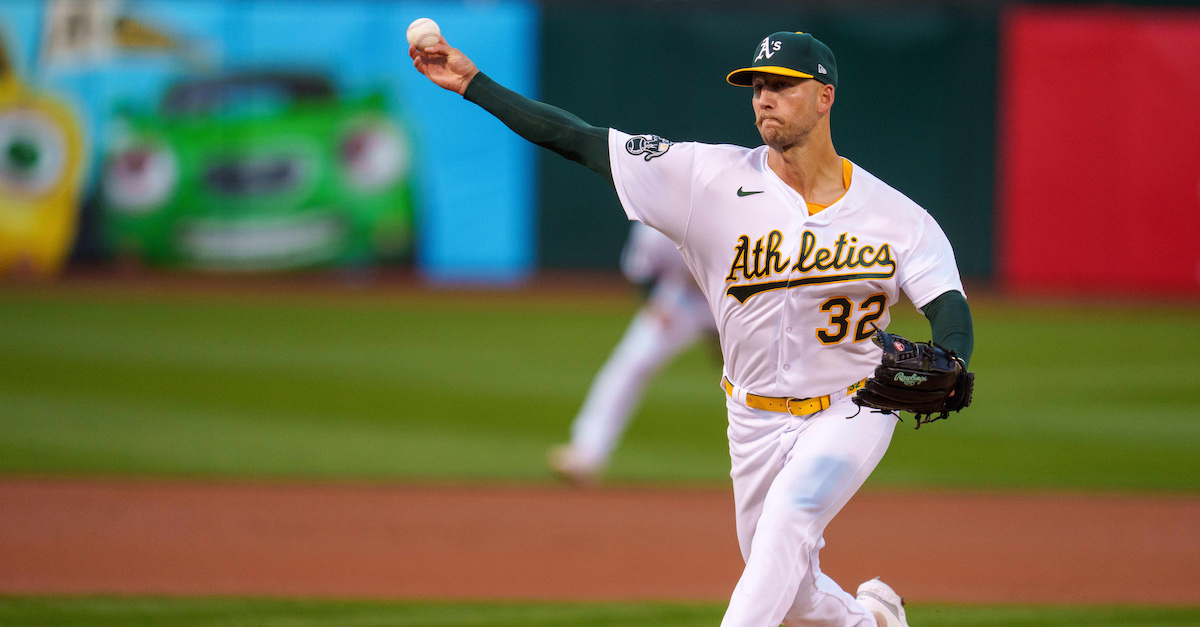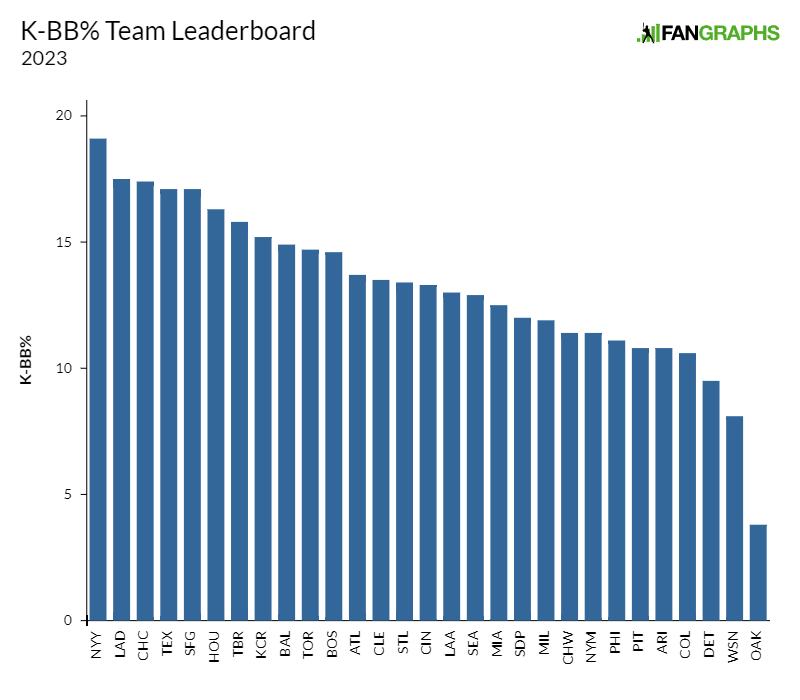Salt Lake City’s Bid for a Major League Expansion Team Is for Real

“I can’t imagine this at all.”
That was my knee-jerk reaction to last week’s announcement that a Salt Lake City-based group had launched a bid for a Major League Baseball expansion team. Growing up in SLC from 1973–88, I learned to appreciate the area’s mix of minor and major league sports and accept its limitations. I’d already seen prospects on their way up and journeymen on their way down while attending several games of the Pacific Coast League’s Salt Lake Gulls and the Central Hockey League’s Salt Lake Golden Eagles by the time the NBA’s New Orleans Jazz sputtered into town in 1979, financially beleaguered and thin on talent. Frankly, that operation felt minor league itself.
The Jazz eventually grew into an NBA powerhouse, but even having lived and died with that team, and watched the city’s growth mostly from afar for the past three and a half decades (my parents do still reside there), I was not prepared to accept the notion that the city’s time had come for an MLB franchise. I fully understand why the average fan — who for years has been hearing about Portland, Nashville, Montreal and other potential sites — might not be either. But upon closer investigation, this skeptic is convinced the SLC bid is a real contender — though one major and almost unfathomable obstacle looms.
MLB has no imminent plans to expand, but that didn’t prevent a consortium called Big League Utah from announcing its intent to compete for a franchise once the league does decide it’s ready for a 31st and 32nd team. Last week, Big League Utah launched an eye-catching campaign in connection with the groundbreaking of a redevelopment that could include a new ballpark. In touting the state’s growth, economy, location, local enthusiasm for sports, and quality of life, the group calls Utah “a five-tool player” — and I have to admit, that’s a pretty catchy way of putting it. Read the rest of this entry »









